YEMEN’S ANSAR ALLAH carried out a successful missile attack on Tel Aviv, ISRAEL
Yemen’s Ansar Allah Carries Out Successful Missile Attack on Tel Aviv, Israel: A Significant Escalation in Regional Tensions
In a dramatic and unprecedented escalation of tensions in the Middle East, Yemen’s Ansar Allah, commonly known as the Houthi movement, has successfully carried out a missile strike on Tel Aviv, Israel. This bold attack, which marks a significant intensification of hostilities in the region, has sent shockwaves through international diplomatic circles and raised alarms over the future stability of the Middle East. The missile strike comes amid ongoing conflicts in the region, including the war in Yemen, where the Houthis have long been engaged in a battle against the Yemeni government and its allies, including Saudi Arabia and the United Arab Emirates.
Who Are the Ansar Allah?
Ansar Allah, also known as the Houthis, is a predominantly Shiite Muslim rebel group based in Yemen. The movement emerged in the early 1990s, primarily as a religious and political faction in Yemen’s northern Saada province, where they pushed for greater autonomy and representation for the Zaidi Shia sect. Over time, their goals expanded, and they became a significant player in the country’s broader political and military landscape.
The Houthis gained international prominence after they took control of Yemen’s capital, Sana’a, in 2014, leading to the collapse of the internationally recognized government of President Abd-Rabbu Mansour Hadi. The subsequent Saudi-led coalition intervention, which began in 2015, aimed to restore Hadi’s government to power, but the war has turned into a brutal and protracted conflict, with devastating consequences for the civilian population.
Throughout the war, the Houthis have received varying levels of support from Iran, which has been accused of supplying the group with weapons and military technology. Despite facing a superior military force, the Houthis have managed to maintain their control over large parts of Yemen and have increasingly targeted Saudi Arabia, the UAE, and other regional powers with missile and drone attacks. Their missile capabilities have been a key part of their military strategy, and the group has repeatedly shown its ability to strike targets deep within enemy territory.
The Attack on Tel Aviv: What Happened?
The missile attack on Tel Aviv, Israel’s commercial and cultural capital, is a dramatic development in the context of the Houthi conflict. According to reports, multiple ballistic missiles were launched from Yemen, reaching deep into Israeli territory and hitting a key military or civilian target. While the exact location of the strike has not been officially confirmed, initial reports indicate significant damage to buildings and infrastructure in Tel Aviv.
The Houthis took responsibility for the attack through their official media channels, framing it as a direct response to Israel’s involvement in regional affairs, particularly its ties to Saudi Arabia and the UAE. In their statement, Ansar Allah declared that the missile strike was part of their ongoing struggle against what they consider to be the oppressive forces in the region. The attack marks the first time the Houthis have targeted Israel directly, though the group has previously threatened to do so.
Israel’s government, led by Prime Minister Benjamin Netanyahu, condemned the missile strike, labeling it an act of aggression and vowing to take appropriate action. Israeli defense systems, such as the Iron Dome, reportedly intercepted a portion of the missiles, but there were still damages in areas hit by the remaining projectiles. The Israeli Defense Forces (IDF) responded with airstrikes on Houthi positions in Yemen, signaling their intent to retaliate for what they view as a direct assault on their sovereignty.
The Houthi missile attack on Tel Aviv is not just a military escalation; it is also a significant political message. It demonstrates that the group, despite its geographic distance from Israel, has the capability to strike at the heart of one of the most advanced and powerful nations in the region. This raises critical questions about the shifting balance of power in the Middle East and the growing threat of proxy conflicts spreading across borders.
What Are the Regional and Global Implications?
The missile attack on Tel Aviv has profound implications for the Middle East and beyond. The timing of the attack, as well as its scope, suggests that the Houthis may be seeking to escalate their involvement in regional geopolitics by targeting Israel, a key player in the broader Middle Eastern power struggle. The conflict in Yemen has often been framed as a proxy war between Saudi Arabia and Iran, with both powers supporting opposing factions within Yemen. The Houthis, with their ideological ties to Iran, have regularly targeted Saudi Arabia, but this attack on Israel indicates a shift in their strategy and objectives.
Israel’s involvement in the Yemen conflict has been largely indirect, primarily through its strategic alliances with Saudi Arabia and the UAE. Both of these countries have been involved in the Saudi-led coalition against the Houthis, and Israel has shared interests with these Gulf states in countering Iranian influence in the region. However, Israel’s direct involvement in the conflict has been minimal, despite suspicions that Israeli defense technology has been used by the Saudi-led coalition.
The missile attack on Tel Aviv may signal a new phase in the Houthi strategy—one in which they actively target Israel as part of their broader anti-imperialist and anti-Israeli rhetoric. By hitting Israel, the Houthis are sending a powerful message to their regional enemies and to the international community. The attack may also be seen as an attempt to attract more attention to the plight of Yemen, where the humanitarian crisis has worsened over the years due to the ongoing war. The Houthis may believe that striking Israel will rally support from other regional powers sympathetic to their cause, including Iran, Hezbollah, and other groups opposed to Israel’s policies in the region.
For Israel, the missile strike is a serious provocation, especially given the current state of tensions in the Middle East. Israel’s security establishment has long been concerned about the potential for Iran to transfer advanced missile technology to proxy groups like the Houthis, Hezbollah, and Hamas. The attack on Tel Aviv may signal the growing reach of Iran-backed groups in the region and raise concerns about the future of Israel’s security.
The Broader Consequences for Saudi Arabia and Iran
The attack on Israel is also likely to have significant repercussions for Saudi Arabia and Iran, the two regional heavyweights whose rivalry has fueled much of the conflict in Yemen. For Saudi Arabia, the Houthi strike on Tel Aviv is a reminder that its own security is closely tied to the broader regional dynamics. As a leading member of the Saudi-led coalition in Yemen, Saudi Arabia has long viewed the Houthis as a threat, not only to their own security but also to the stability of the entire Arabian Peninsula.
Saudi Arabia is particularly concerned about Iran’s growing influence in Yemen, where the Houthis are seen as an Iranian proxy. The missile strike on Israel could be interpreted as a sign of Iran’s expanding reach in the region, especially as the Houthis have expressed strong anti-Saudi and anti-Israeli sentiments. The Saudi government may now find itself facing an even more complex and multifaceted security situation, as it contemplates how to respond to the increasing threat posed by Iranian-backed groups across the region.
On the other hand, Iran may view the attack as a significant victory for its influence in Yemen and the wider region. Iran has consistently supported the Houthis in their battle against the Saudi-led coalition, providing them with military aid, including missile technology. The missile strike on Israel is likely to be seen in Tehran as a symbolic blow against Israel and a demonstration of Iran’s power to project influence through its proxies. This may increase tensions between Israel and Iran, with potential ramifications for broader regional stability.
International Reactions and the Road Ahead
The international response to the missile attack on Tel Aviv has been swift, with most governments condemning the strike as an act of aggression. The United Nations has called for restraint from all parties involved, urging dialogue and a peaceful resolution to the ongoing conflicts in the Middle East. The United States, a staunch ally of Israel, has expressed solidarity with Tel Aviv and has condemned the Houthis for targeting a civilian center.
In contrast, some countries in the region, particularly those aligned with the Houthis, have praised the attack, framing it as a legitimate response to Israeli and Saudi aggression in the region. The Houthis themselves have vowed to continue their missile strikes on Israeli targets, signaling that this attack may not be the last of its kind.
As the situation continues to unfold, it is clear that the missile strike on Tel Aviv marks a new and dangerous chapter in the ongoing conflict between Israel, Saudi Arabia, and their adversaries. The international community will be watching closely to see how Israel responds, and whether the Houthis’ increasing missile capabilities will lead to further escalation in the region.
In Conclusion
The missile attack by Yemen’s Ansar Allah on Tel Aviv represents a significant and alarming escalation in the Middle East. This unprecedented strike brings the conflict in Yemen into direct confrontation with Israel and serves as a stark reminder of the volatile and interconnected nature of Middle Eastern geopolitics. The attack has already begun to shift regional dynamics and could have far-reaching implications for the security of Israel, Saudi Arabia, Iran, and the broader Middle East. As the situation develops, it remains to be seen how Israel and its allies will respond, and whether the Houthis will continue to escalate their actions in the region.
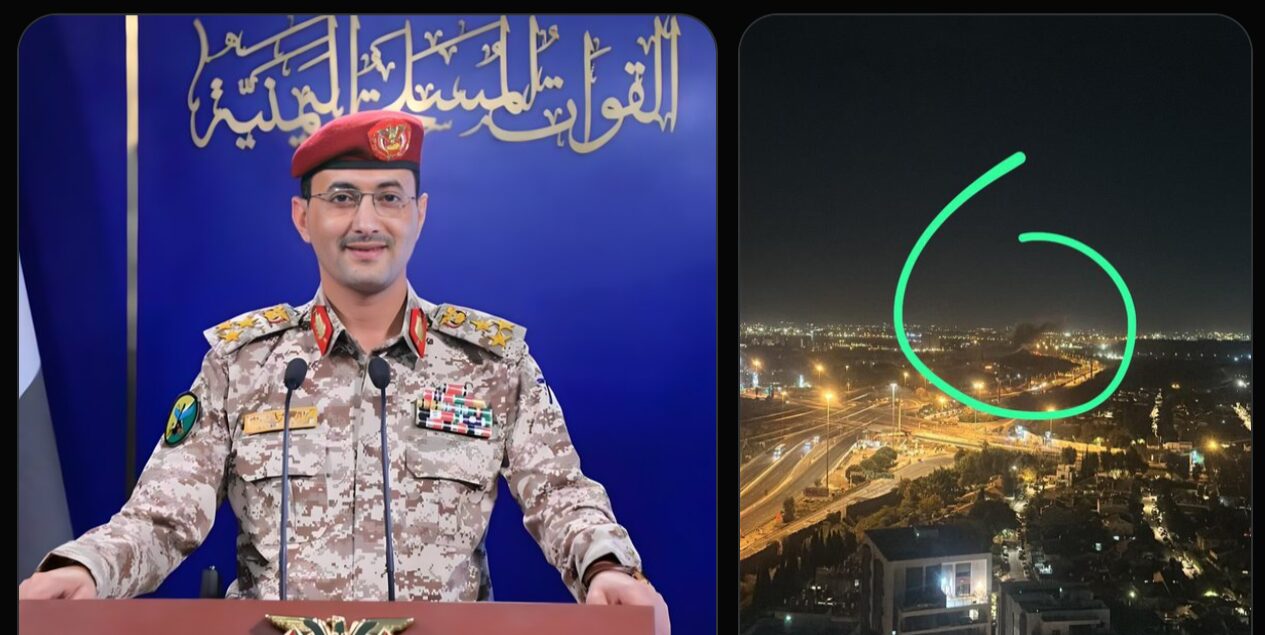

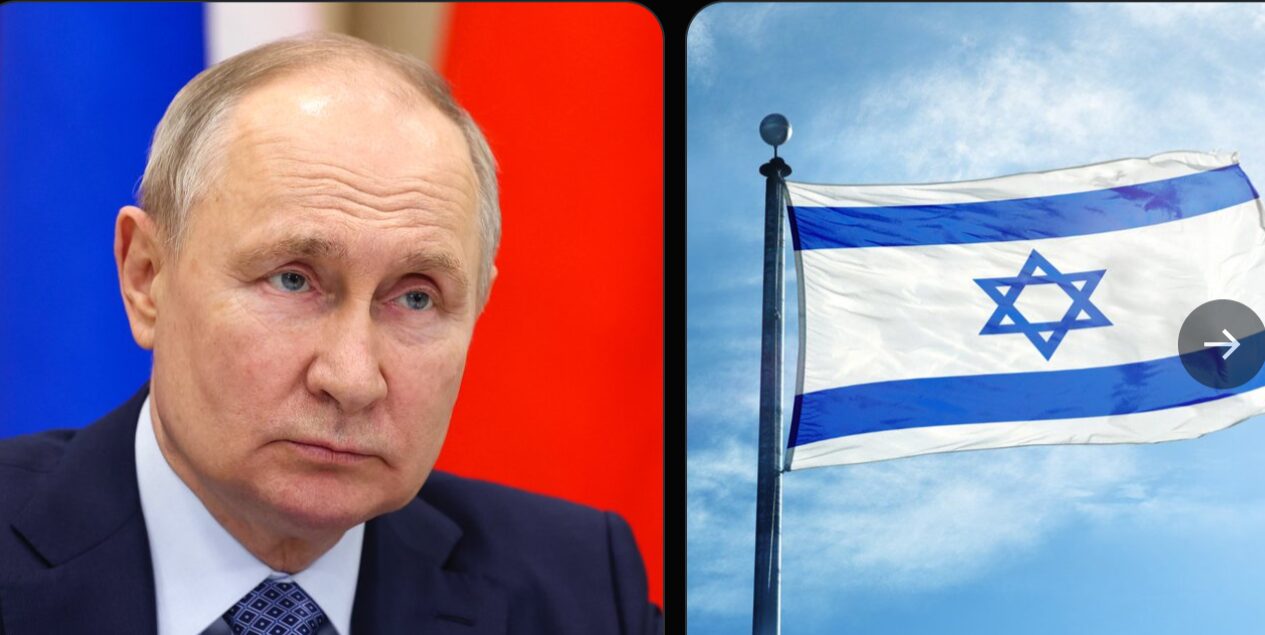
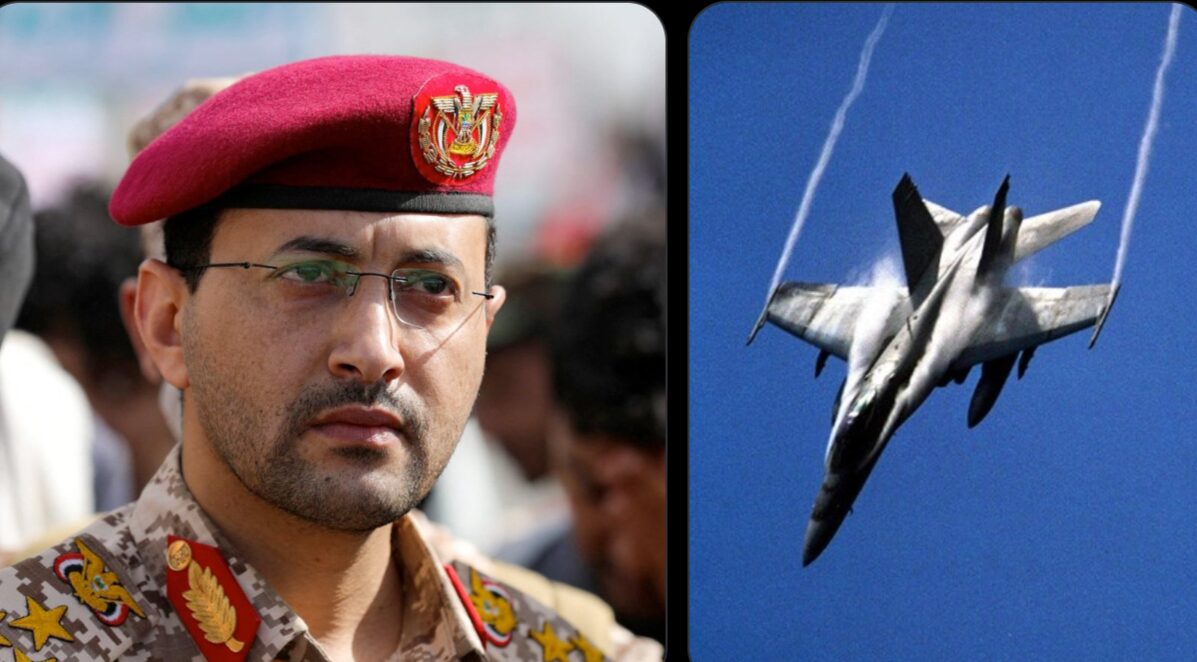
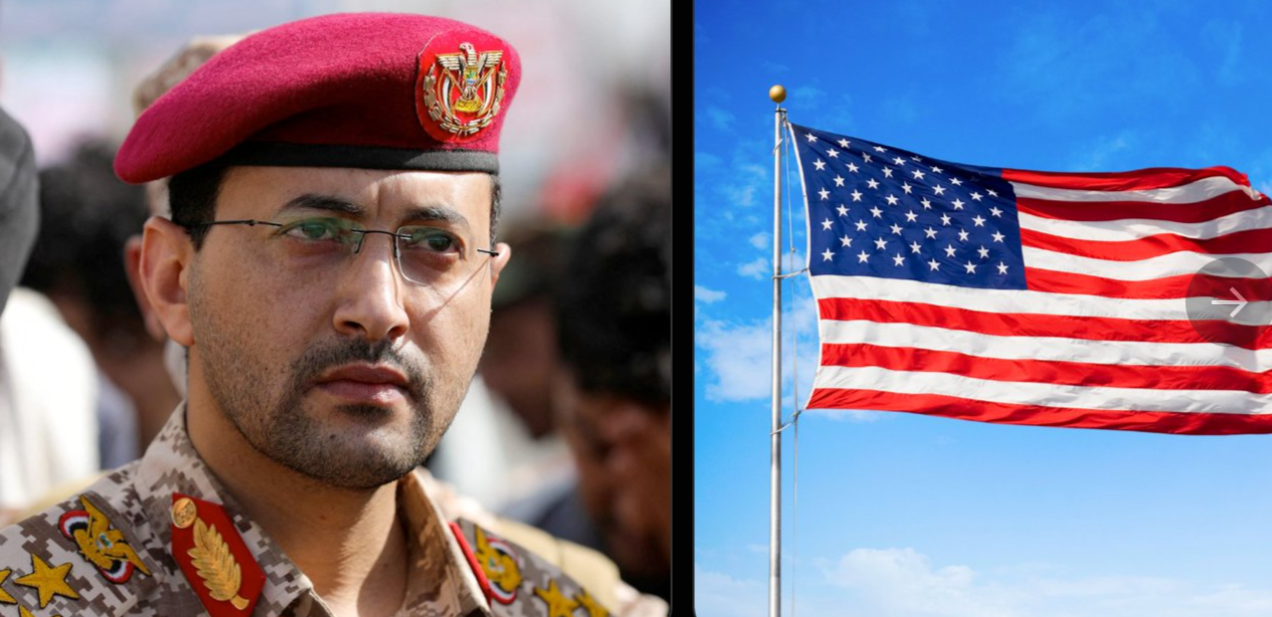
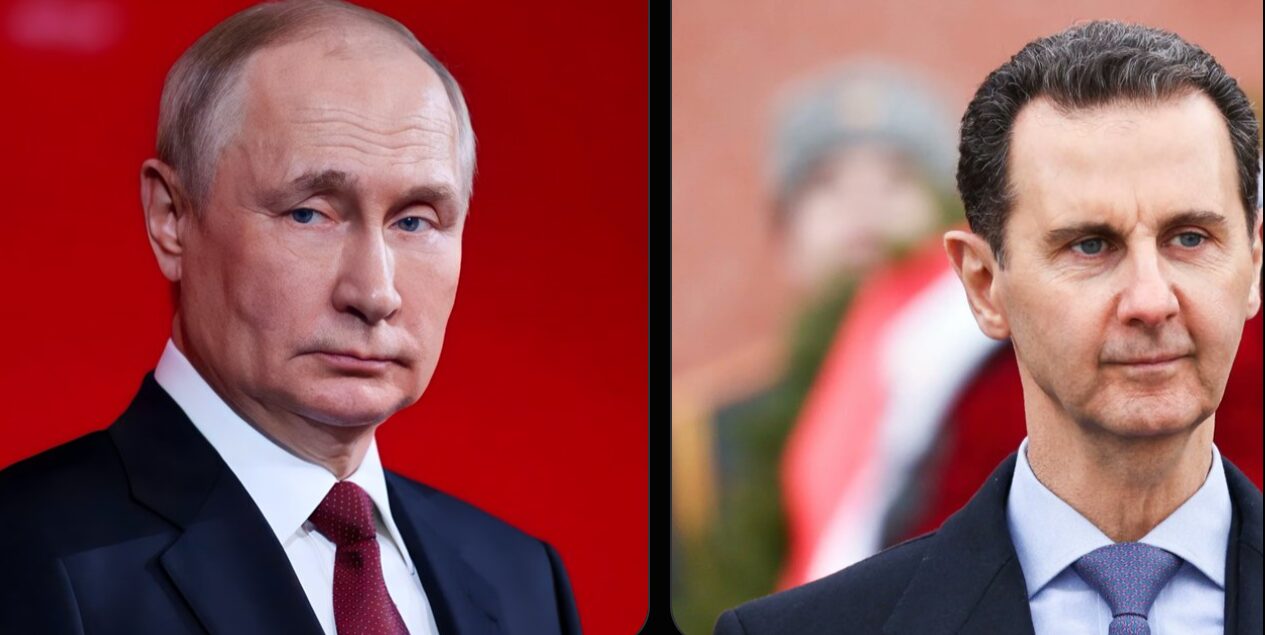
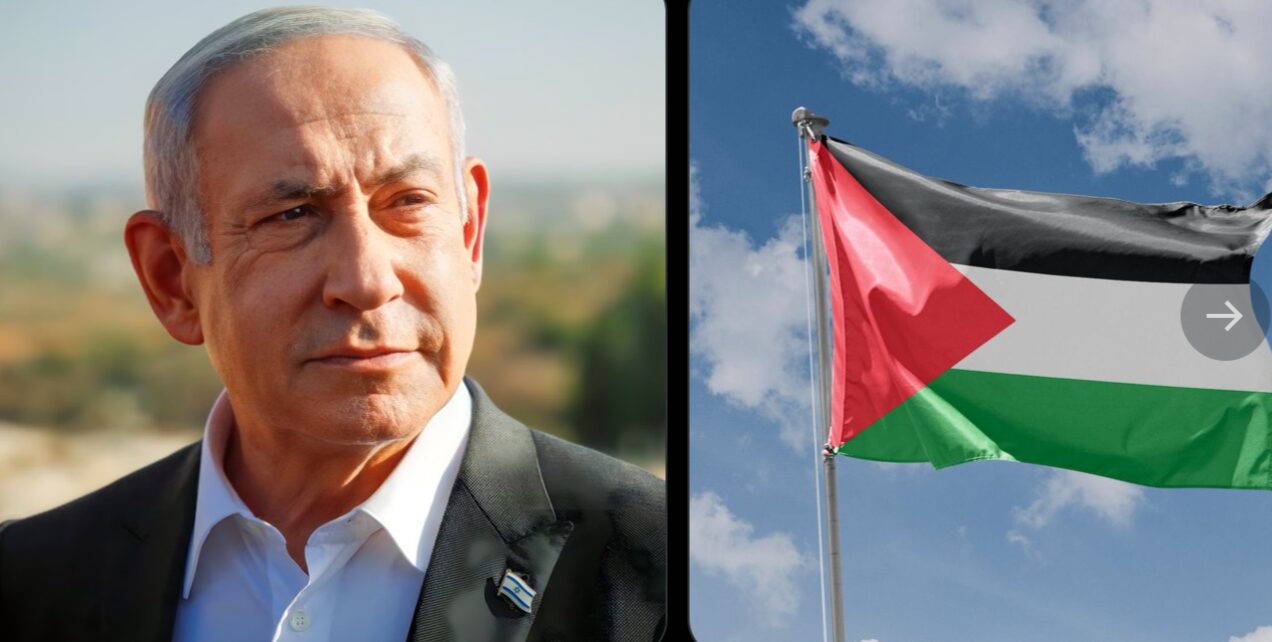

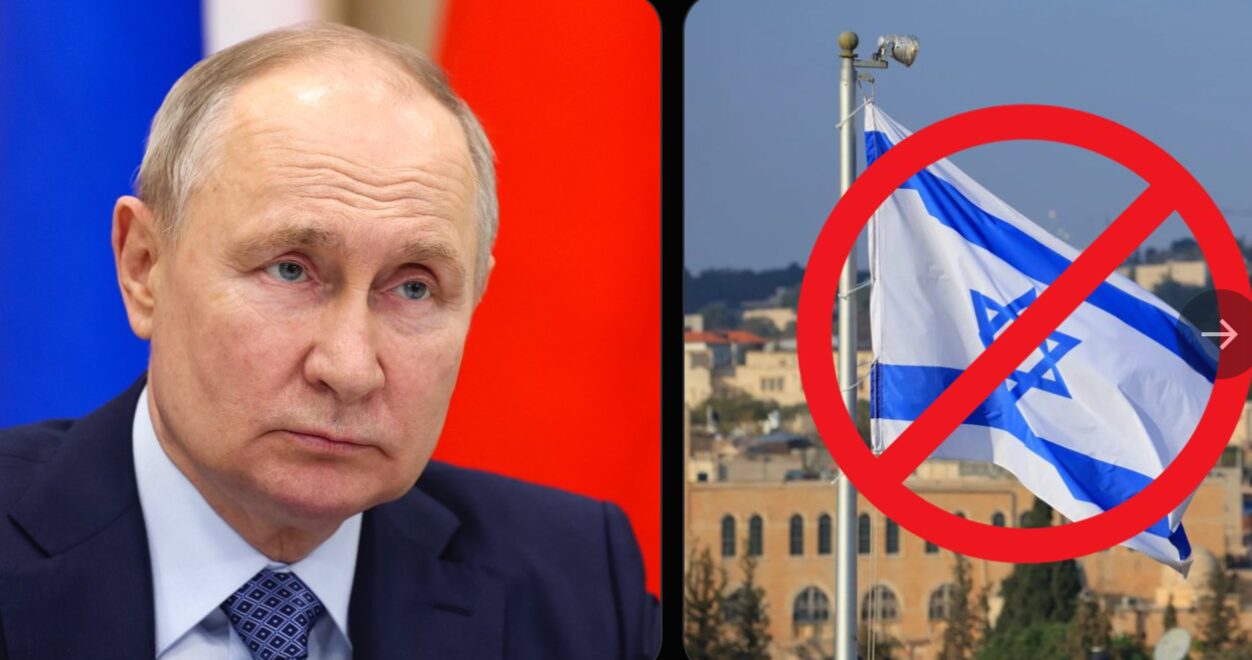








Post Comment